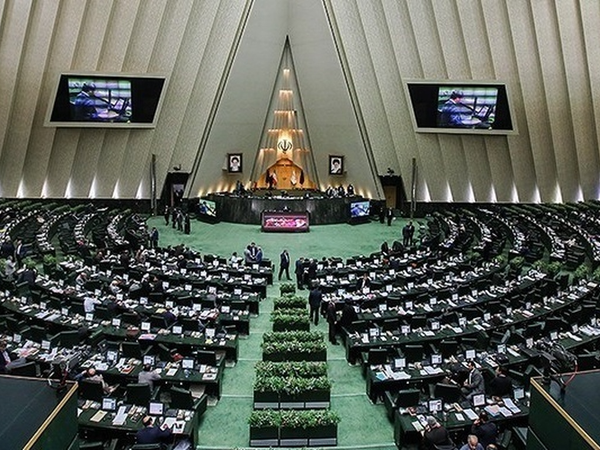The National Security and Foreign Policy Committee of Iran’s Parliament said that while negotiation remains a valid diplomatic tool, talks with the United States have consistently harmed Iranian interests.
“Negotiation with the US is not prohibited but has proven irrational and damaging,” the committee said, referencing past engagements with Washington.
It pointed to the 2015 nuclear deal, or JCPOA, as an example, listing extensive commitments Iran undertook—ranging from reducing enriched uranium stockpiles to converting nuclear facilities—while saying the US failed to deliver on sanctions relief.
Instead, sanctions increased, culminating in the Trump administration’s withdrawal from the deal in 2018, the statement added.
The commission said that engaging with the US has eroded trust, citing recent sanctions for Iran's support of regional militant groups, domestic human rights abuses and support for Russia's war on Ukraine.
They described the US as a “hostile and arrogant regime.” A member of the commission said, “Negotiating with such entities brings no rational benefits; it only deepens the damage.”
It echoes the messaging from the country's Supreme Leader Ali Khamenei, who, during a recent Friday address, said, “Negotiations with the United States have no impact on solving the country’s problems.”
His remarks come as divisions emerge among Iranian officials regarding potential talks on a new nuclear agreement. While some figures, like President Masoud Pezeshkian, have expressed openness to renewed discussions, Khamenei dismissed the idea, emphasizing self-reliance over external agreements.
Iran’s economy has suffered significant setbacks since the reinstatement of US sanctions in 2018. The national currency has devalued by 95%, inflation has remained at around 40% for five years, and over a third of the population now lives below the poverty line.
However, the committee stressed that these challenges should be addressed by fostering domestic production and strengthening ties with regional allies, rather than pursuing dialogue with an “untrustworthy adversary.”
